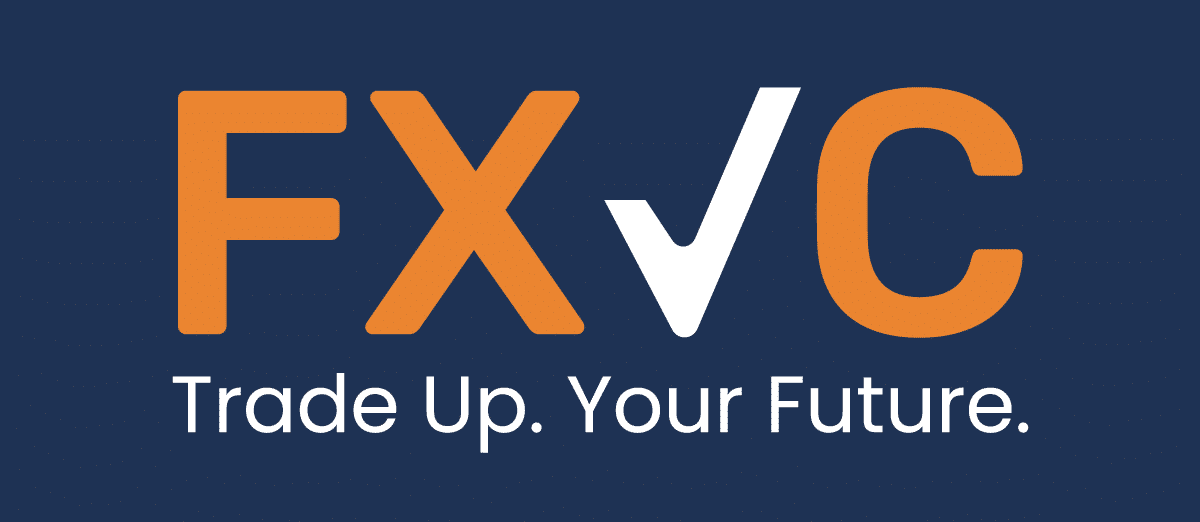On Wednesday, March 31, 2021 the Ethics in the Age of Digital Finance: Issues and Challenges event was held online, which was organised jointly by the Observatoire de la Finance (Geneva) and the Hoffmann Global Institute for Business and Society (INSEAD). From online banking to contactless payments and cryptocurrencies, financial technology – or FinTech – is rapidly impacting the financial services industry and those who must supervise and use it. The webinar presented an invaluable opportunity to engage in a meaningful discussion on how new technologies impact financial services and what the ethical opportunities and challenges are by the digitisation of finance. It also introduced the audience to the global Prize “Ethics & Trust in Finance for a Sustainable Future” that was initiated in 2006 by the Observatoire de la Finance. The Risk & Compliance Platform Europe also took part in this online event and covered it via its website. This is part one in a series of three articles on this webinar. Continue reading…
The message is clear: organisations must be held accountable for their social and environmental footprint. Therefore, it’s inevitable that speaking up becomes the next social…
Download whitepaper











